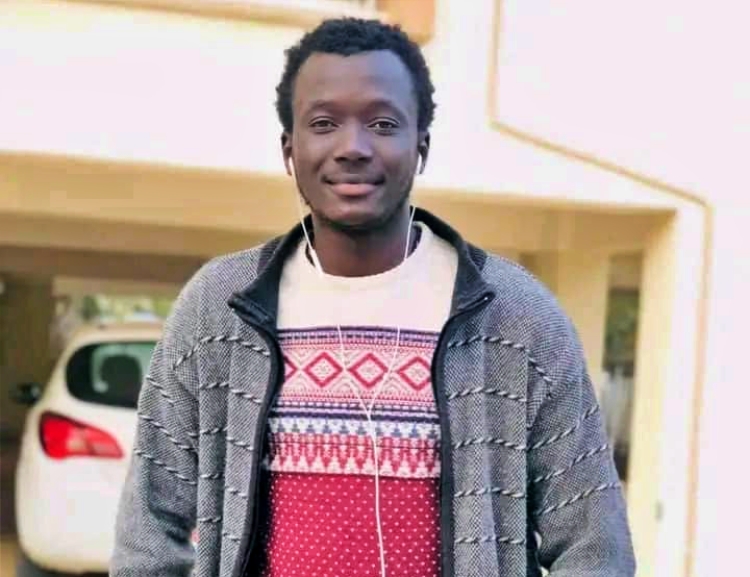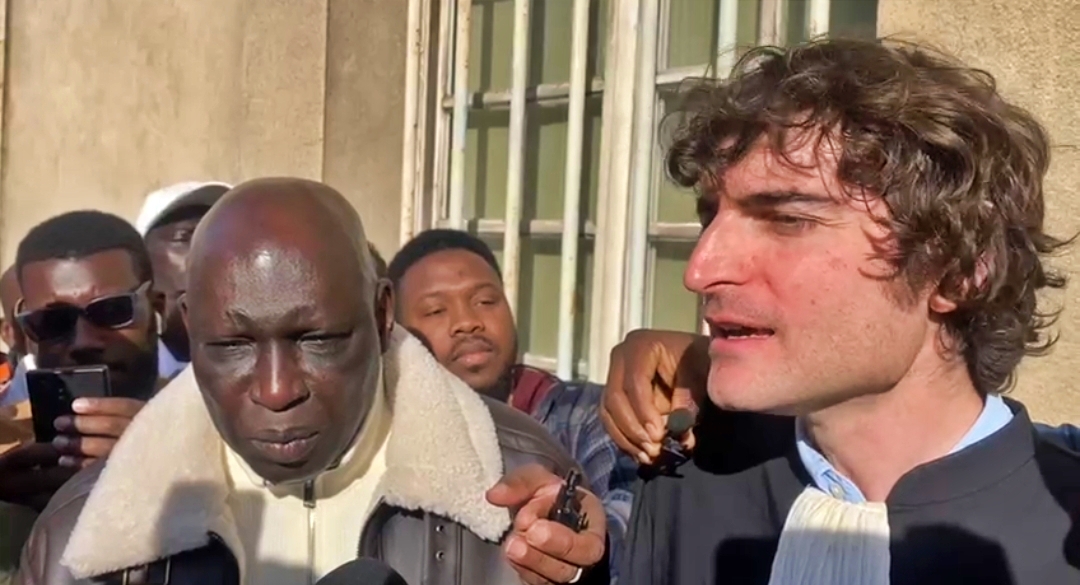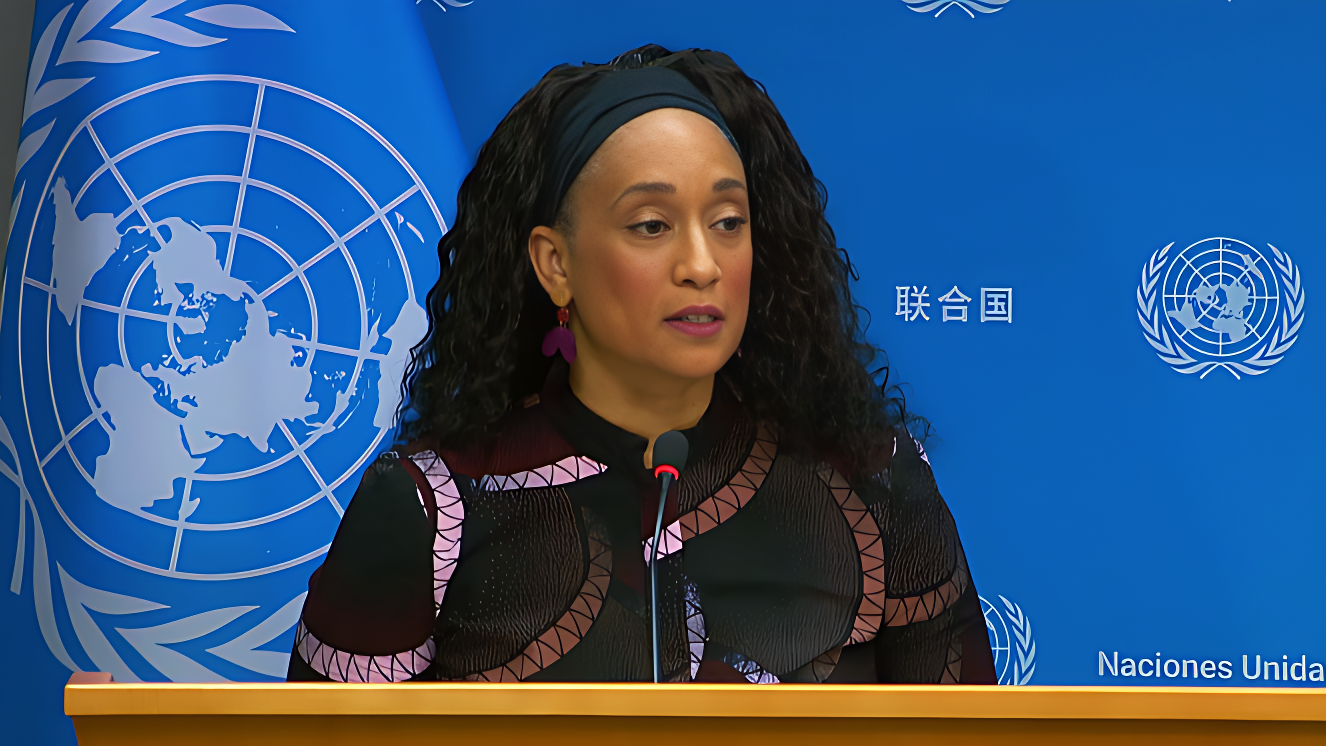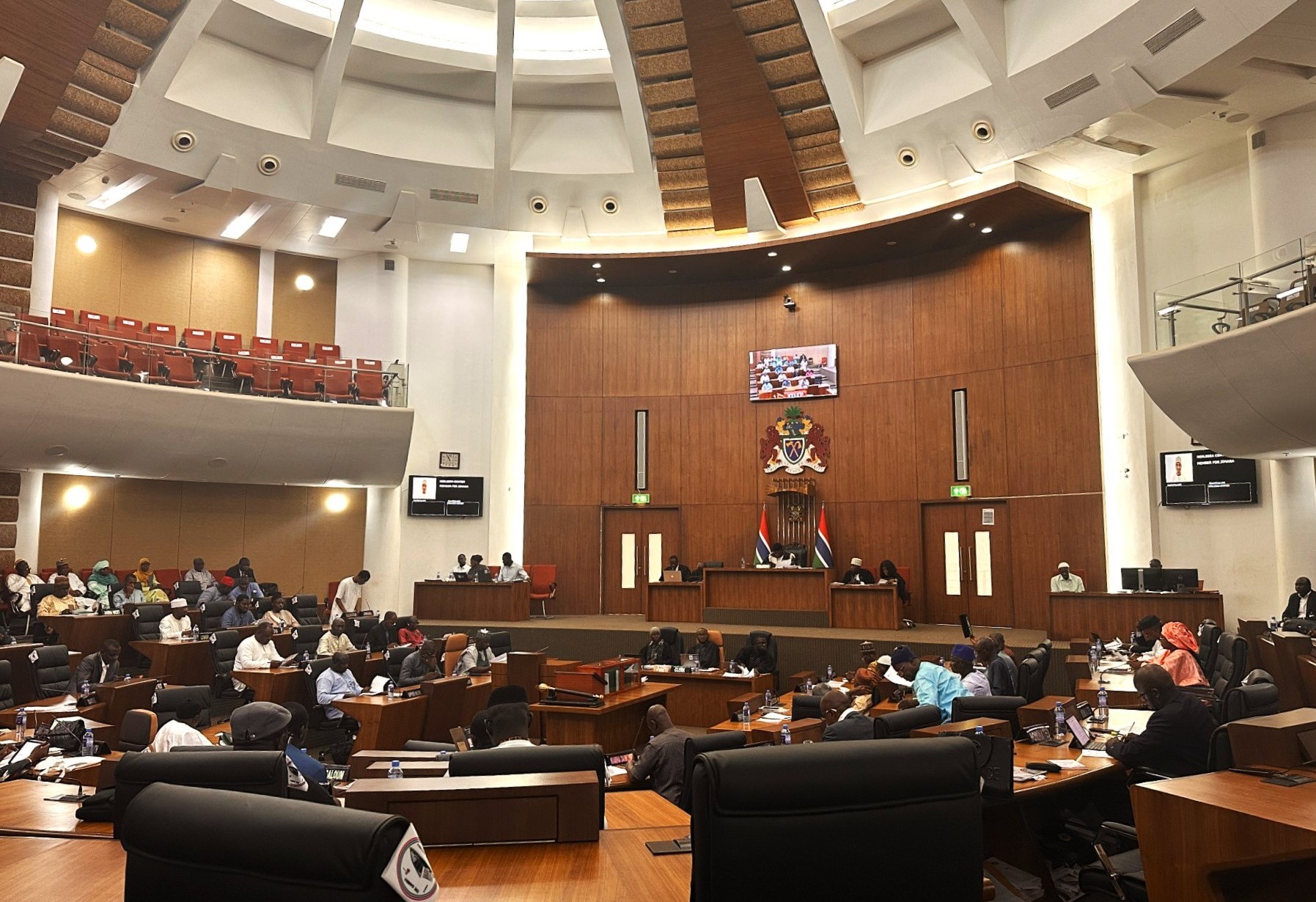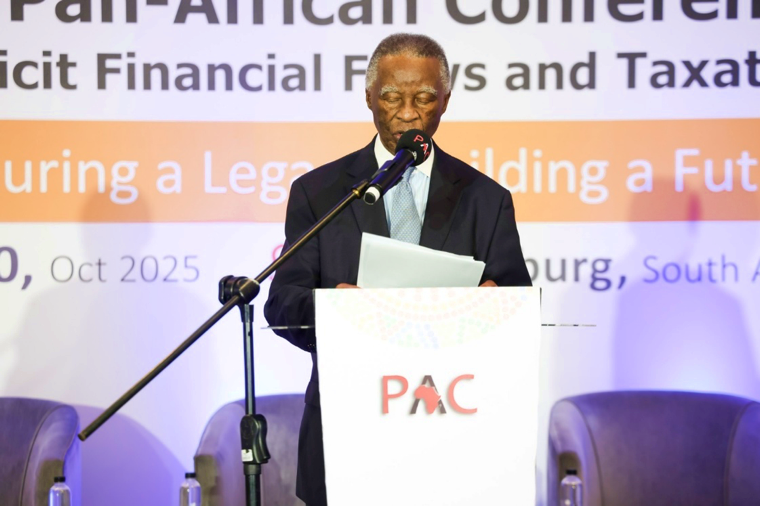Gambiaj.com – (BANJUL, The Gambia) – Former South African President Thabo Mbeki has urged African nations to strengthen unity, invest in domestic tax systems, and push for a fairer global tax framework, as the continent marks ten years since the release of the landmark High-Level Panel (HLP) Report on Illicit Financial Flows (IFFs).
Speaking at the opening of the 13th Pan-African Conference on Illicit Financial Flows and Taxation (PAC) in Sandton, Johannesburg, Mbeki described the fight against IFFs as one of Africa’s most critical struggles for sovereignty and development.
“When we submitted our report, we sought to make visible what had for too long been hidden—the massive hemorrhaging of Africa’s resources through illicit financial flows,” he said.
Mbeki, who chaired the panel that produced the 2015 report, acknowledged that awareness and reforms have advanced but warned that the scale of IFFs remains “staggering.”
He credited the African Union (AU), the United Nations Economic Commission for Africa (UNECA), and institutions such as the African Tax Administration Forum (ATAF) and Tax Justice Network Africa (TJNA) for progress, including beneficial ownership registers, automatic exchange of information, and strengthened transfer pricing capacity.
“While we have succeeded in raising awareness and initiating reforms, we have not yet succeeded in stopping the outflows,” he cautioned.
Mbeki also praised African governments for building tax expertise through transfer pricing units, risk assessment systems, and African-focused treaty models.
But he warned that global tax reform remains skewed in favor of developed countries, dominated by the OECD. “The rules are not written in a vacuum—they are shaped by political power,” he said, urging Africa to demand fairness in international tax rulemaking.
He hailed the Africa Group at the United Nations for spearheading negotiations on a UN Framework Convention on International Tax Cooperation, calling the 2022 UN General Assembly decision to begin talks “a historic achievement” that broke decades of OECD dominance.
“Only by uniting as a continent and speaking with one voice can we hope to transform the global rules that so profoundly affect Africa’s capacity to mobilize its resources,” he stressed.
Outlining priorities for the next decade, Mbeki highlighted three areas: strengthening domestic tax capacity, linking taxation to industrialization and job creation, and ensuring Africa’s strong voice in global governance.
He called for investment in data systems, innovative revenue sources such as health taxes, and tax policies that support value addition and local ownership.
Mbeki reminded participants that the struggle against IFFs is “ultimately a political one,” rooted in Africa’s right to control its resources. “Ten years ago, we declared that Africa could not afford to lose one more dollar through illicit outflows. Ten years on, we must declare that Africa cannot afford another decade of subordination in the global financial system,” he said.
He commended TJNA and its partners for convening the conference, describing it as “a model of continental collaboration.” He concluded, “Together, we are laying the foundation for a future where Africa’s wealth works for its people.”




